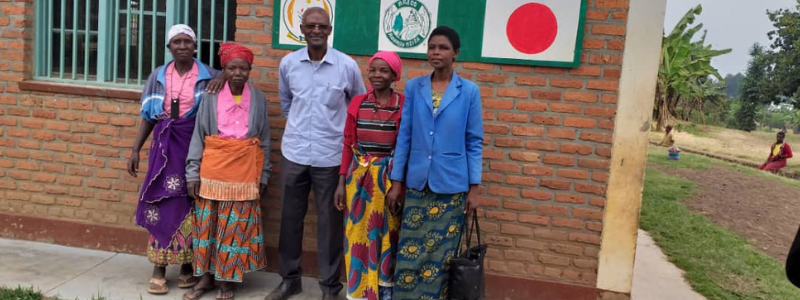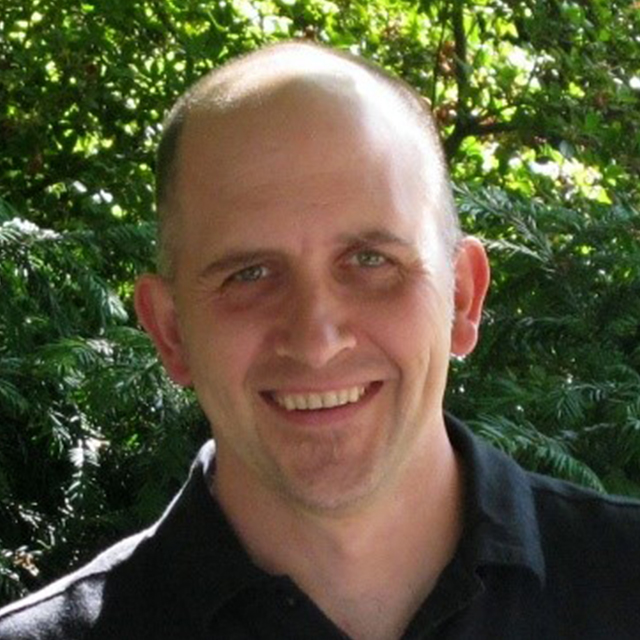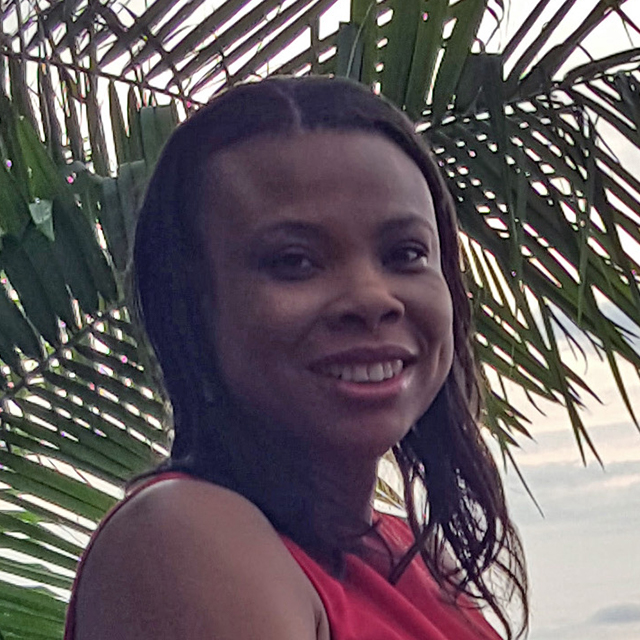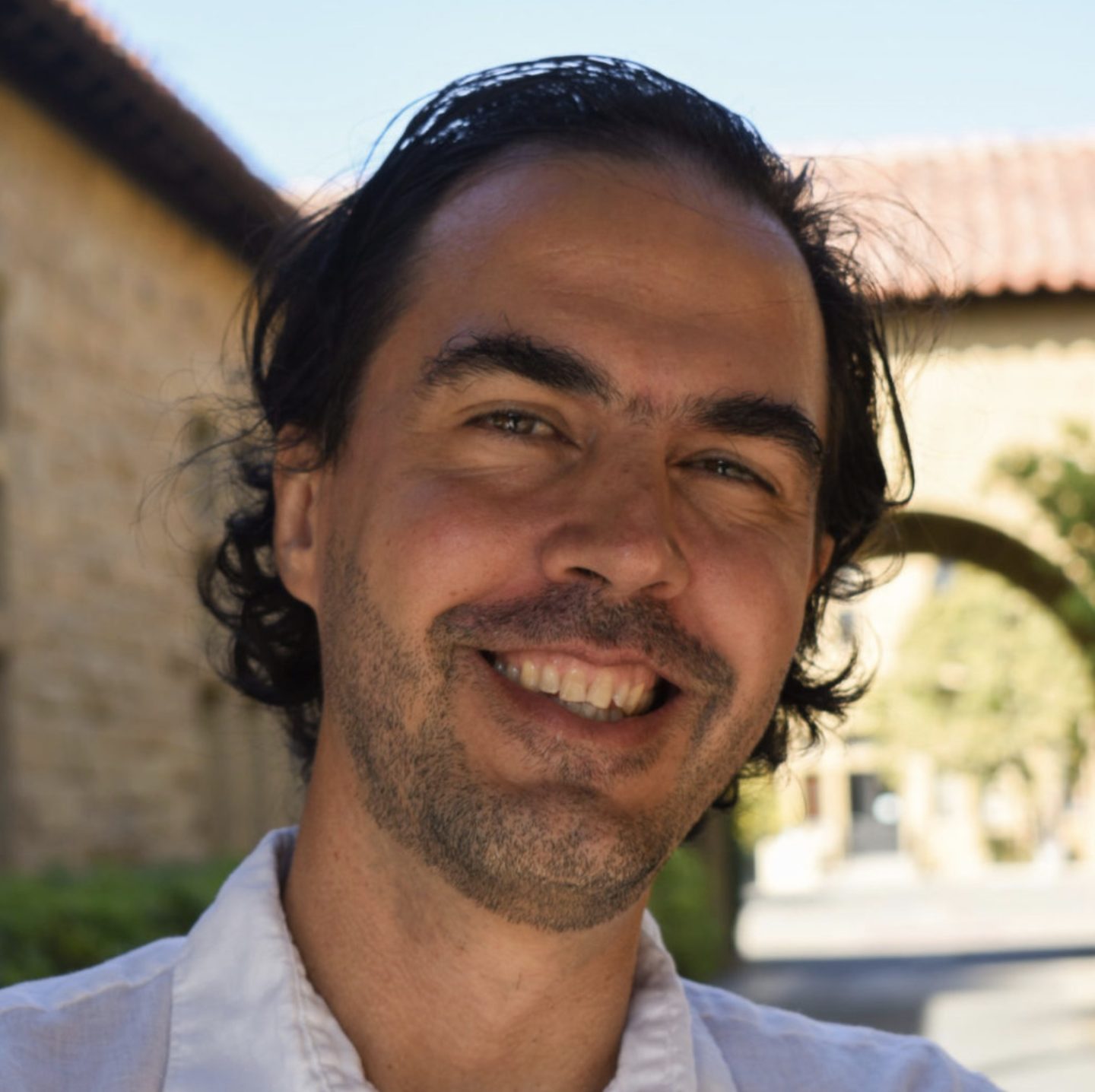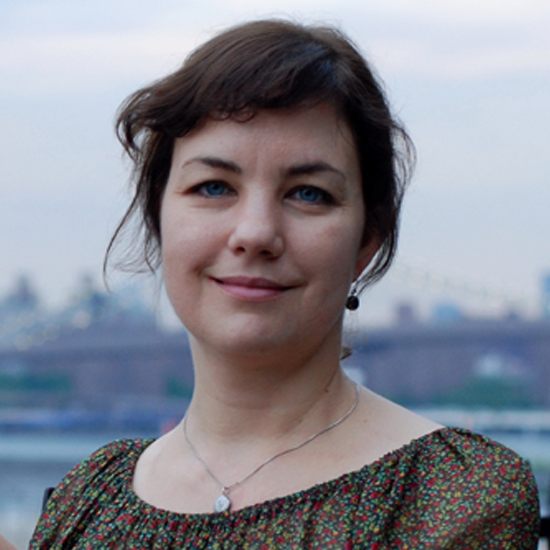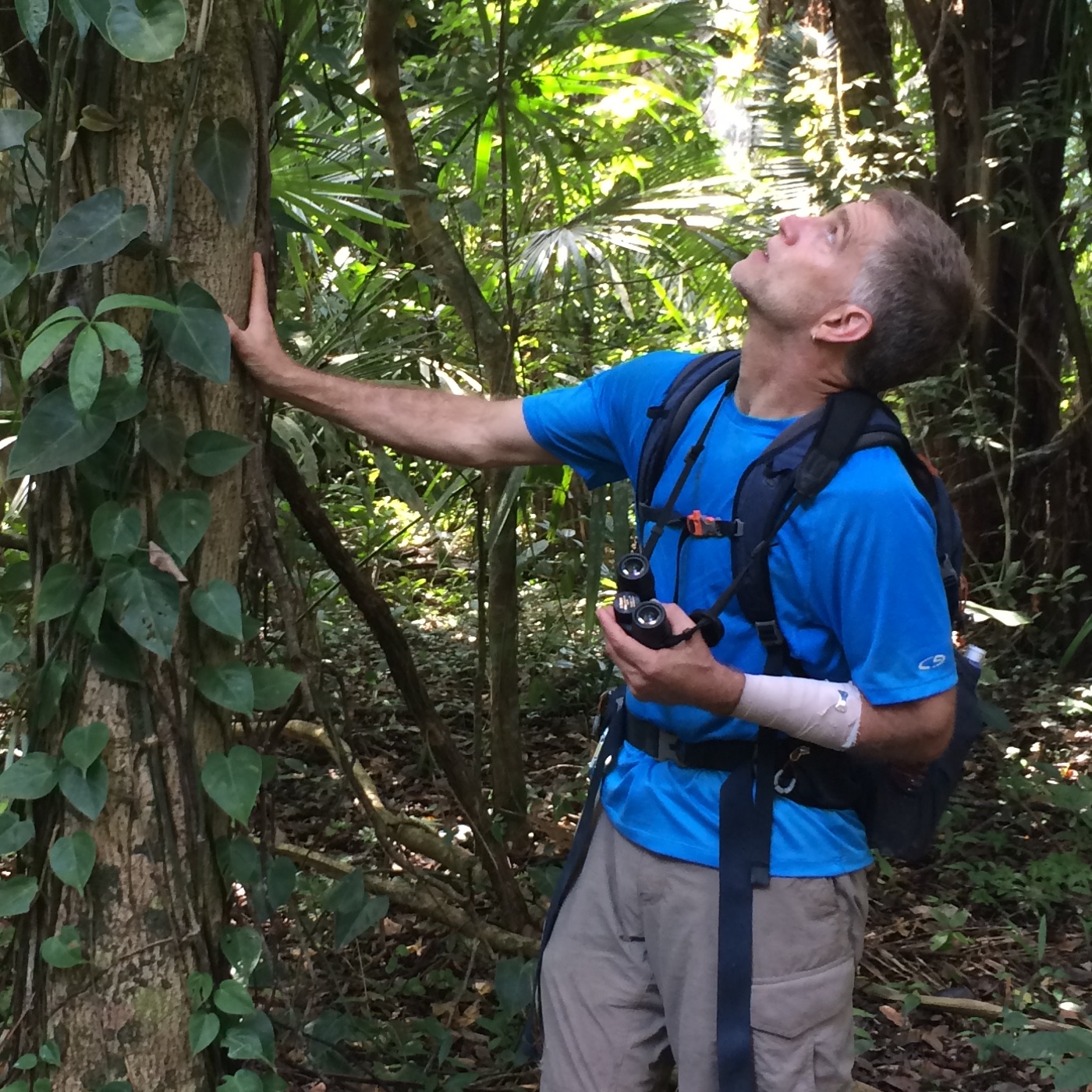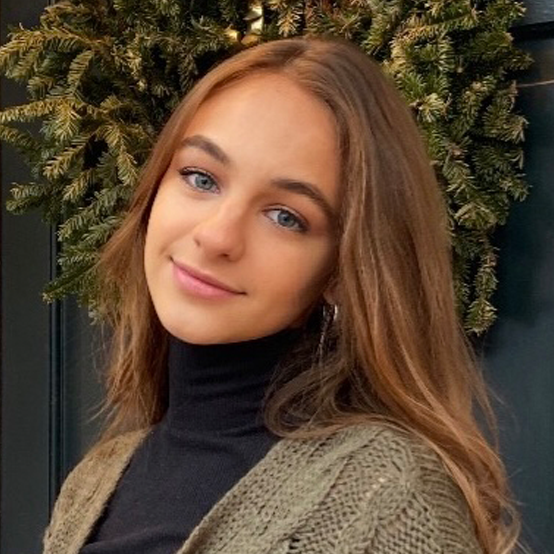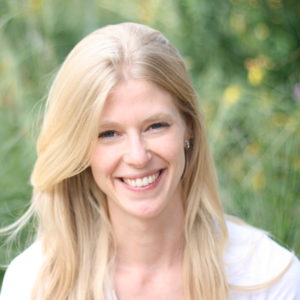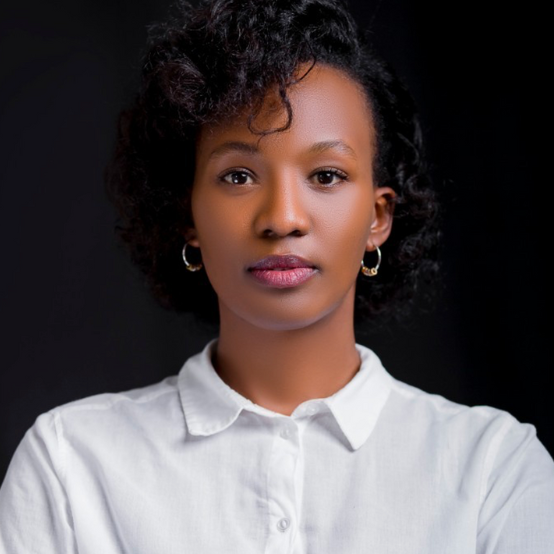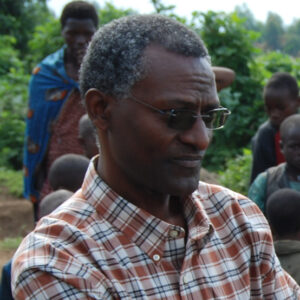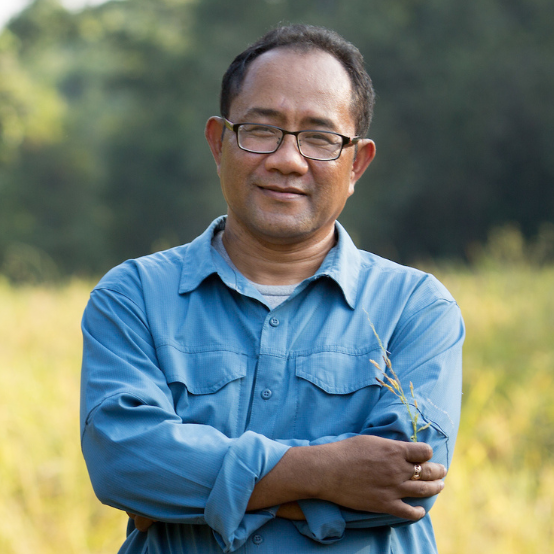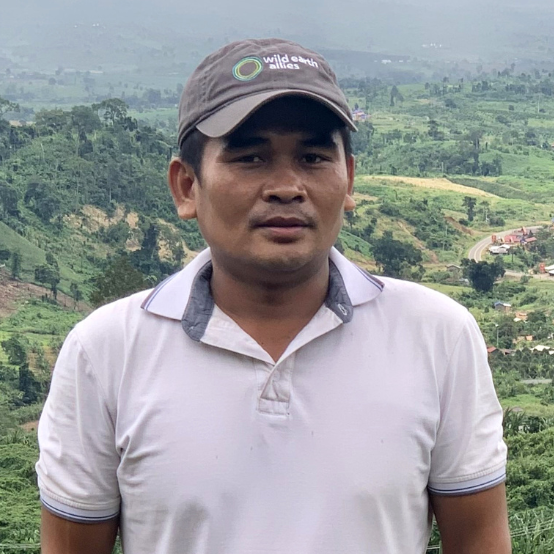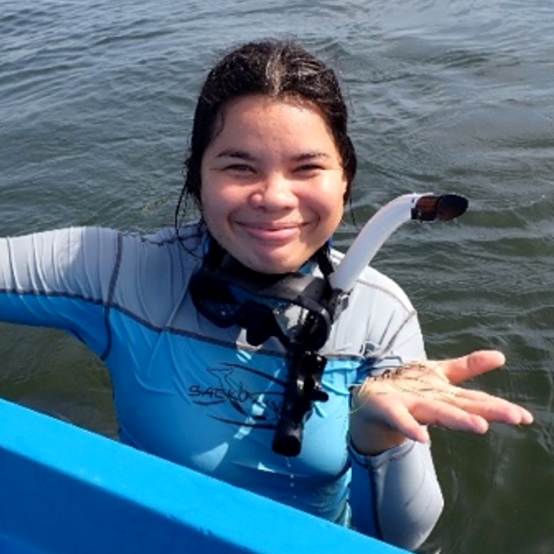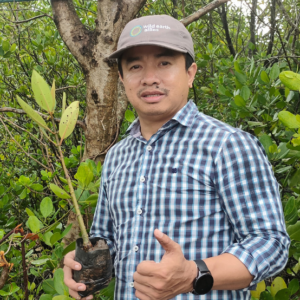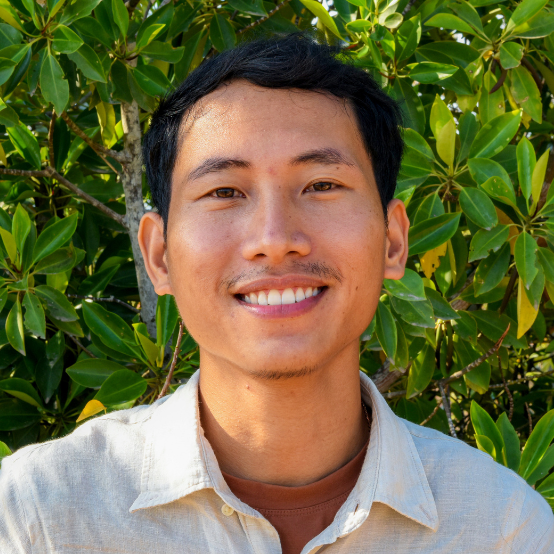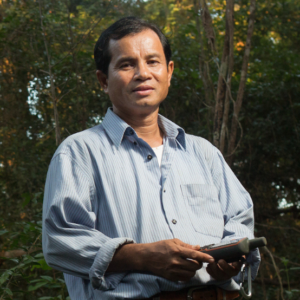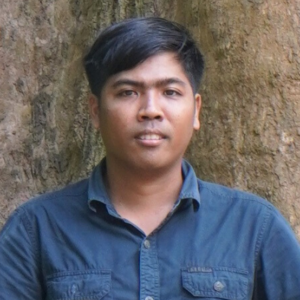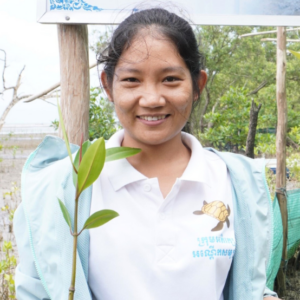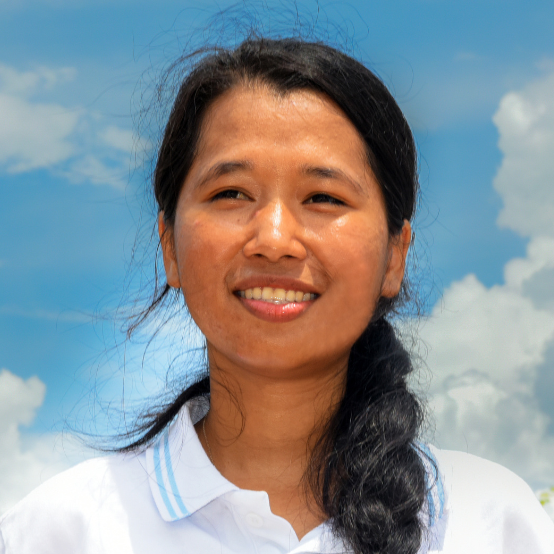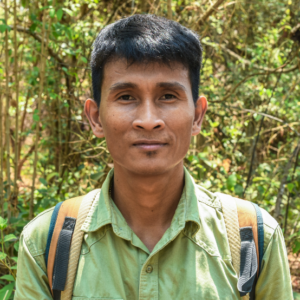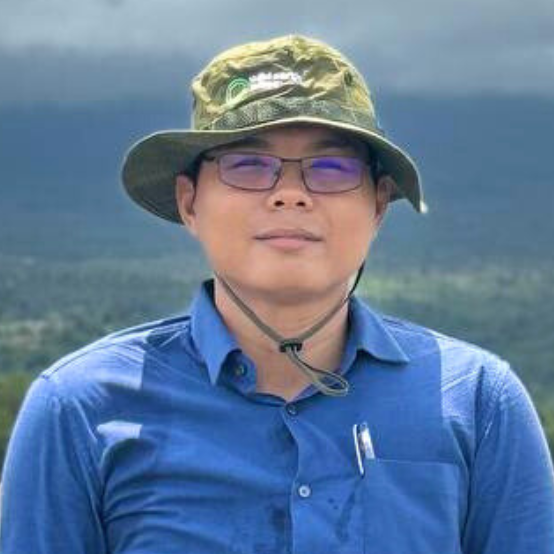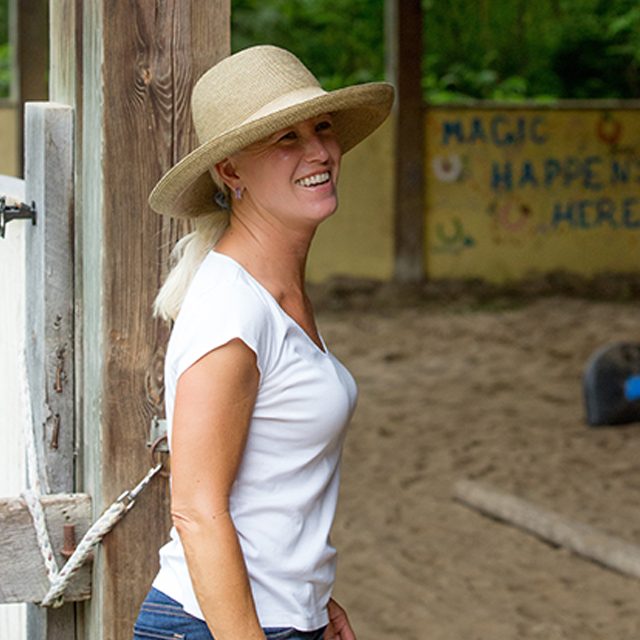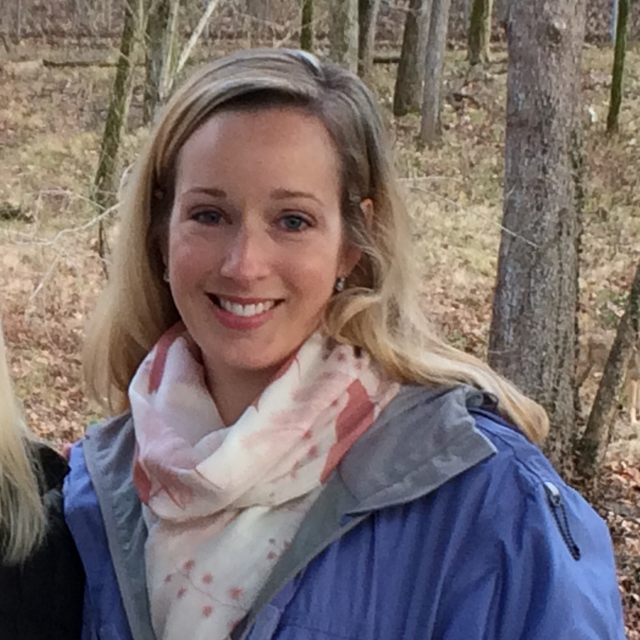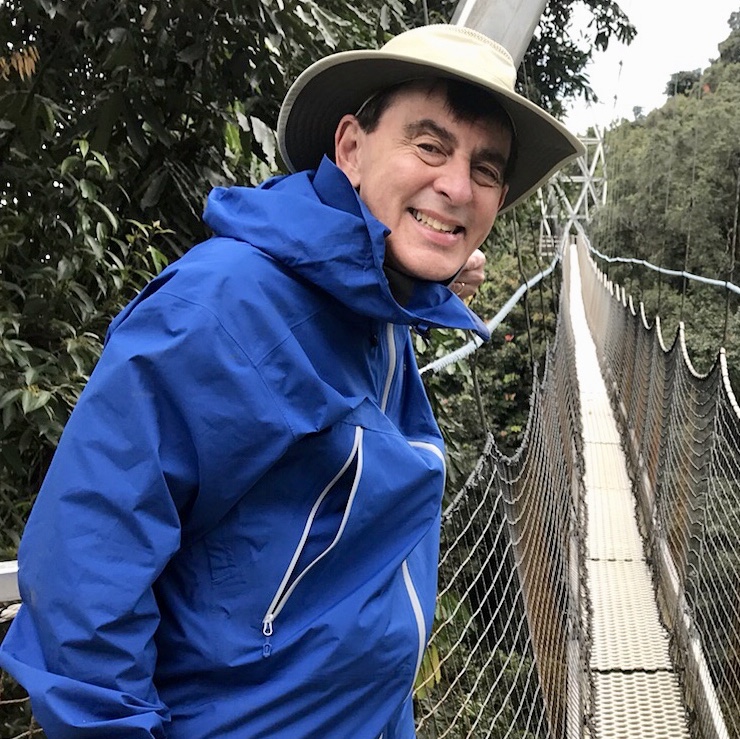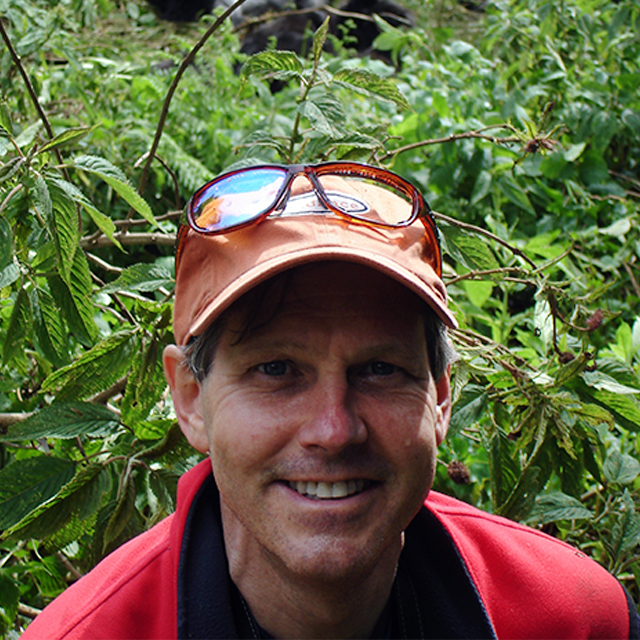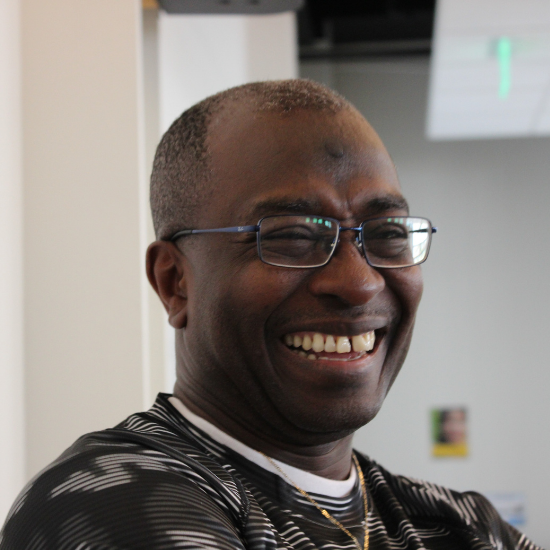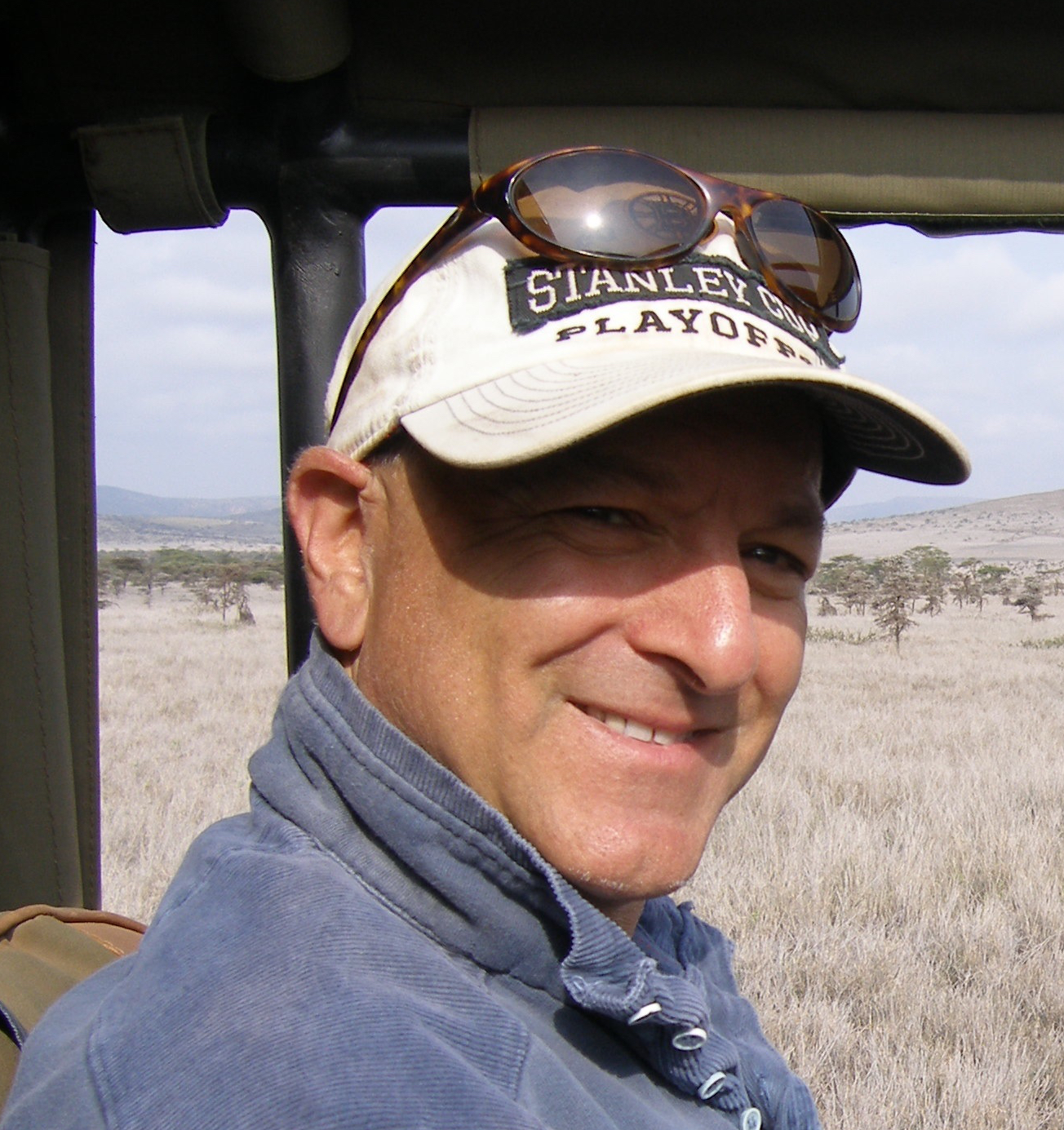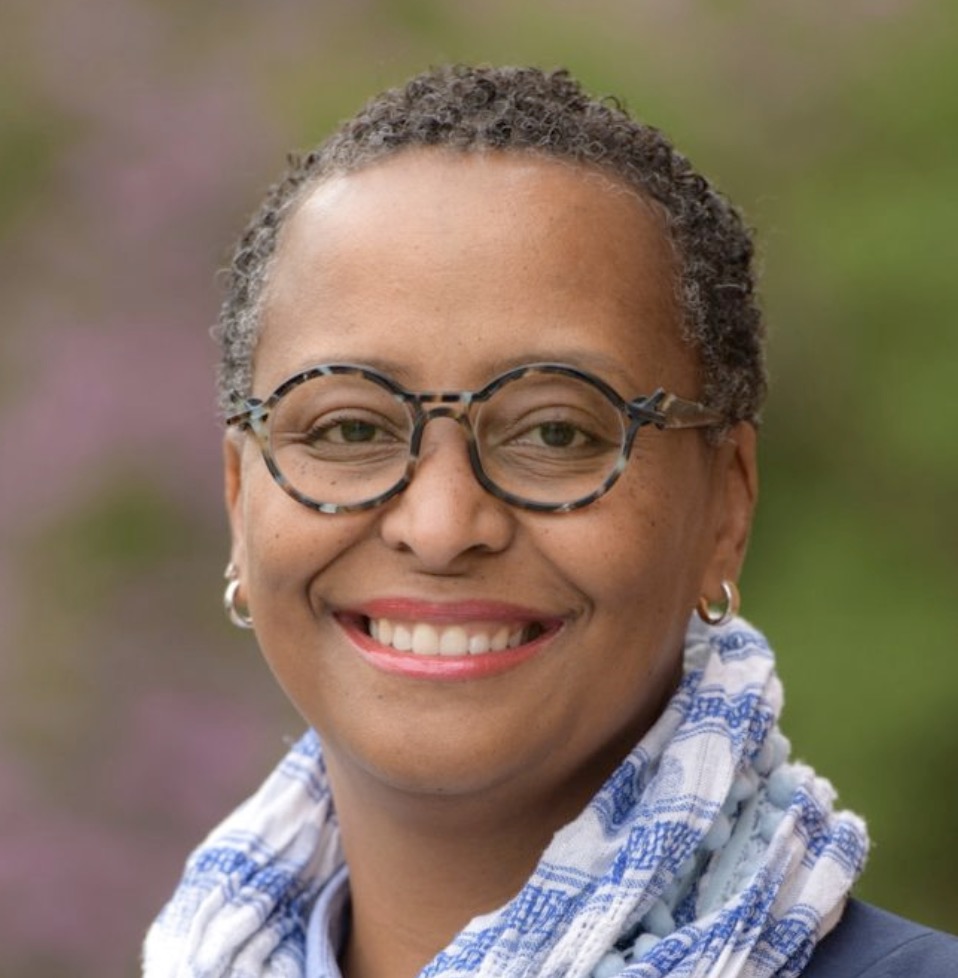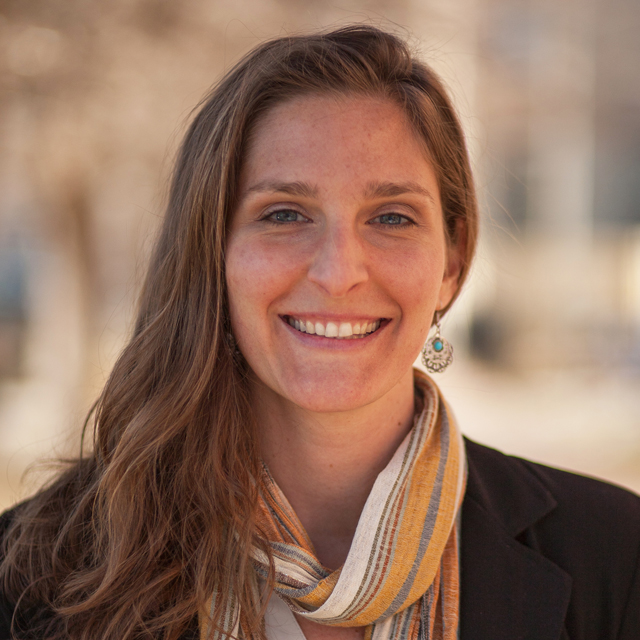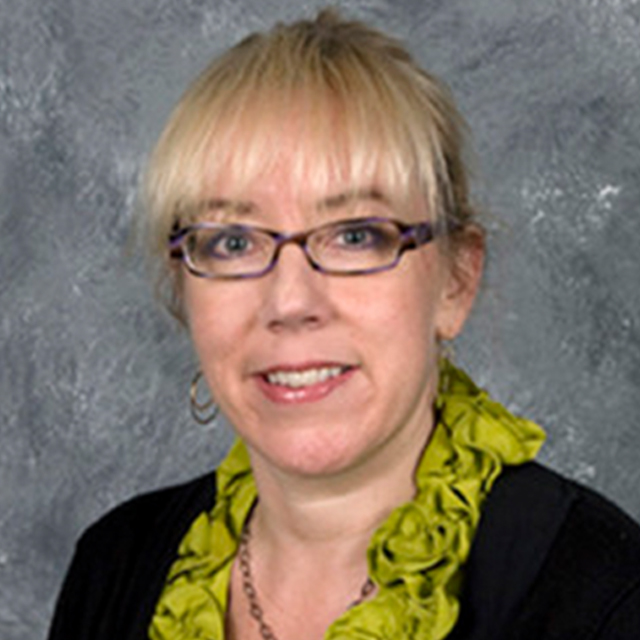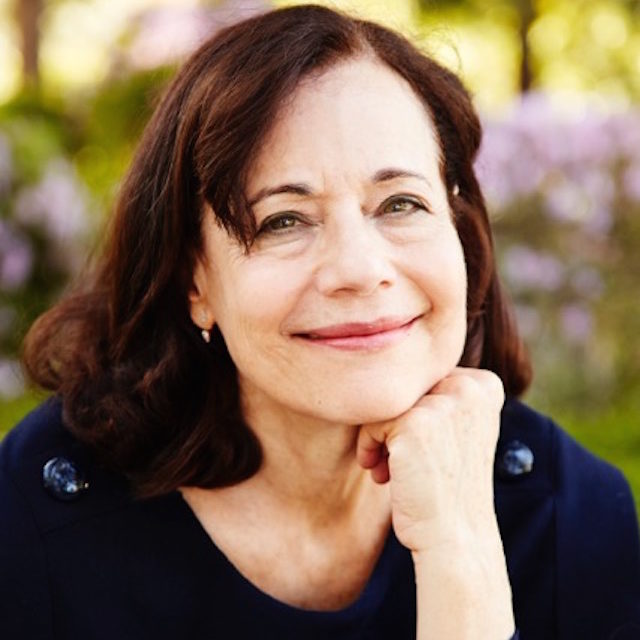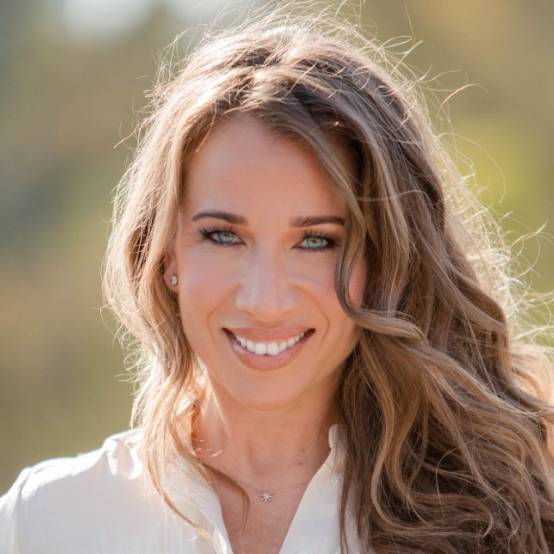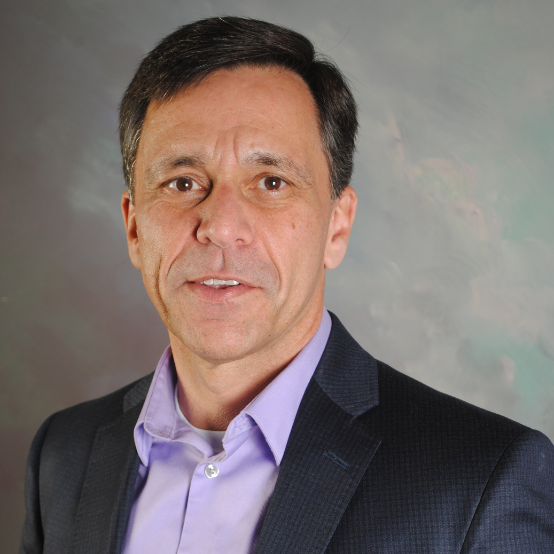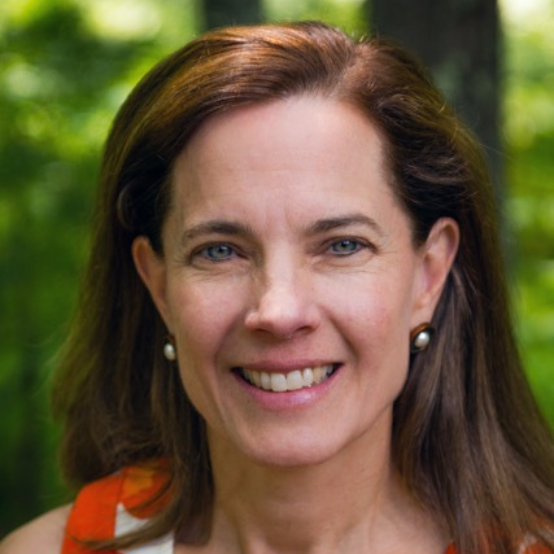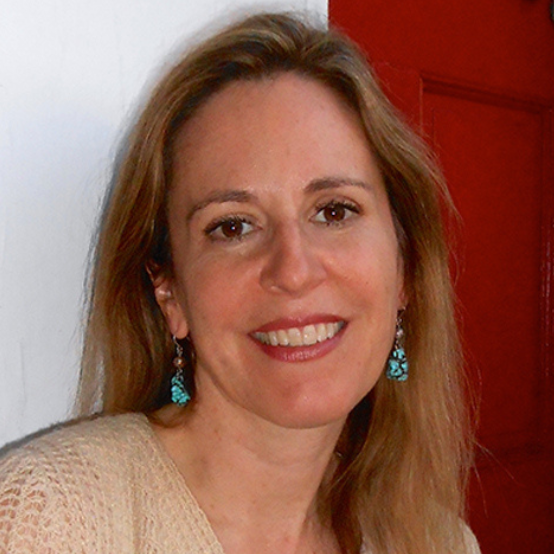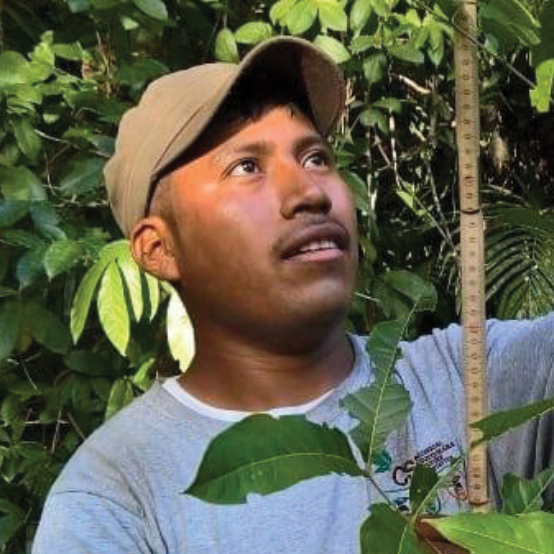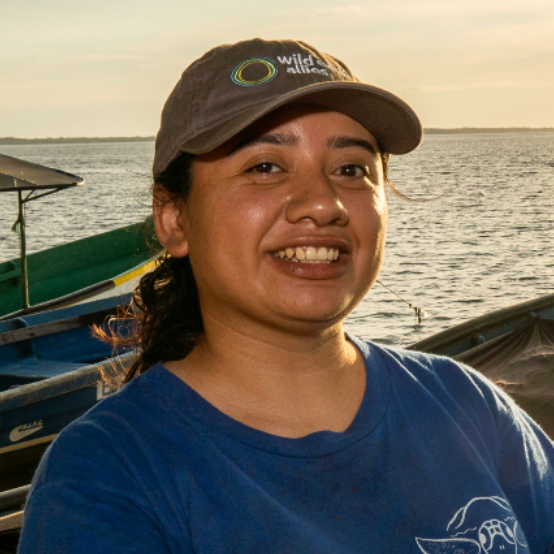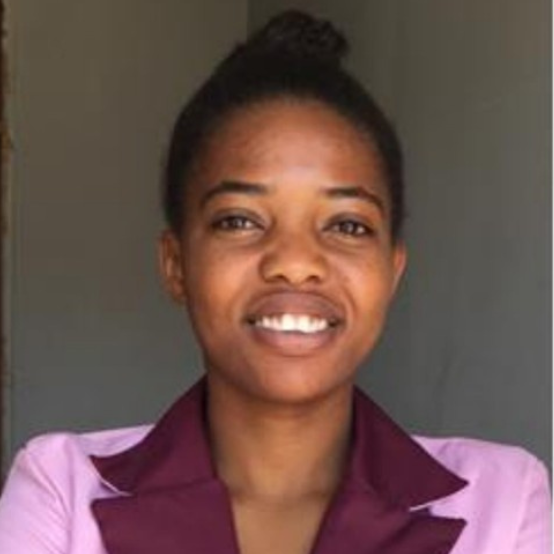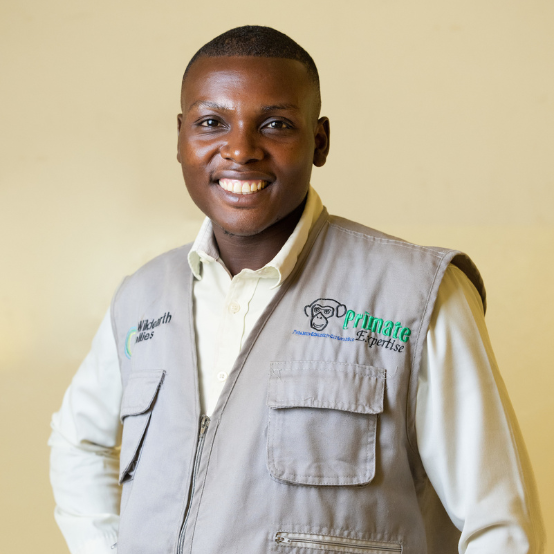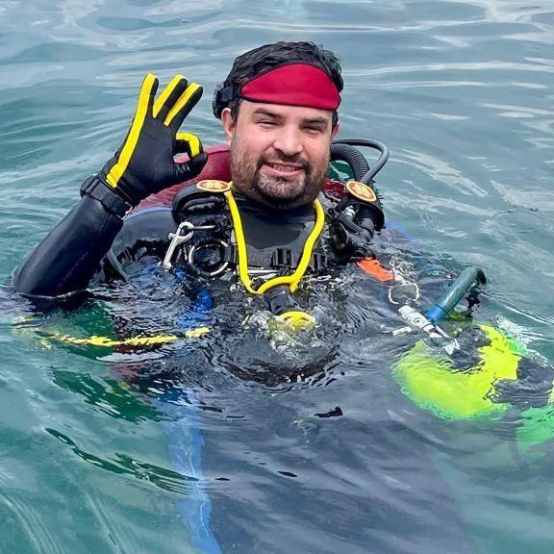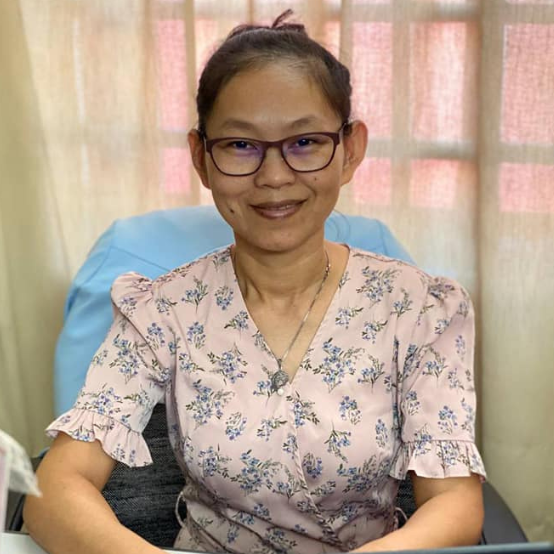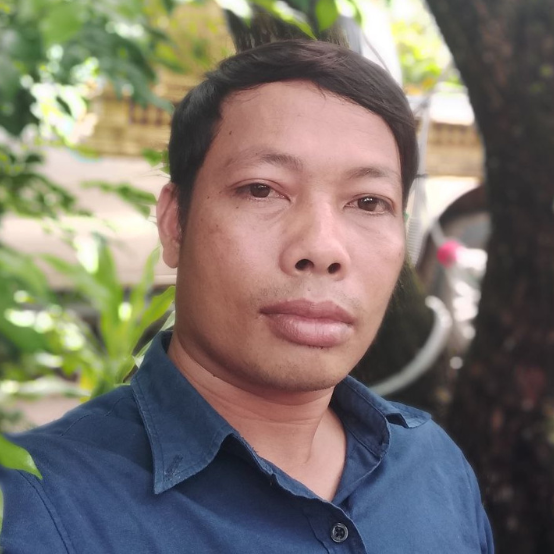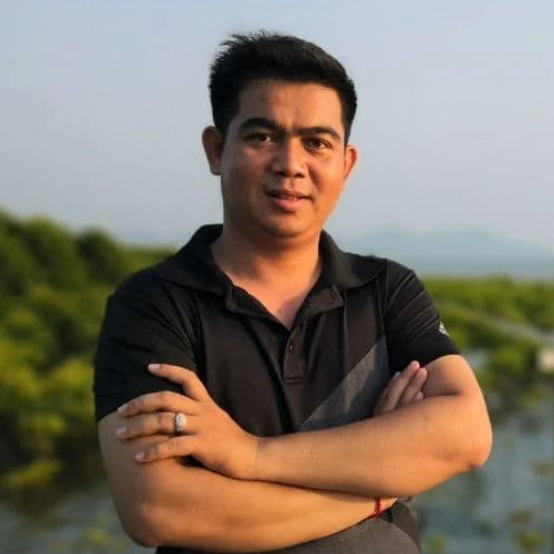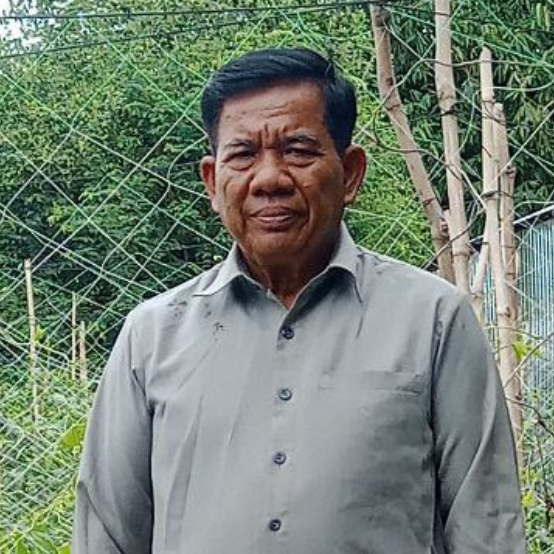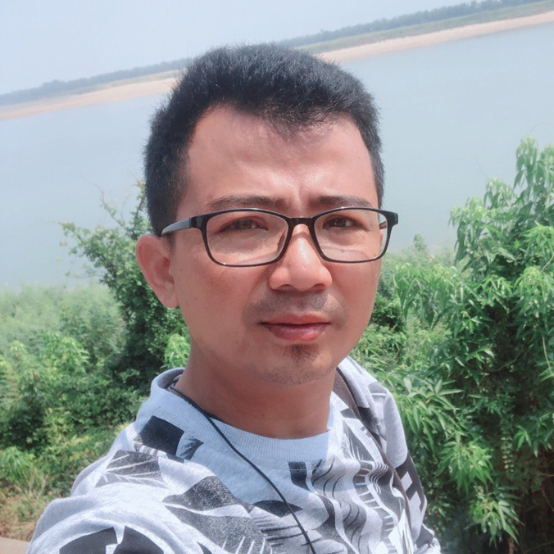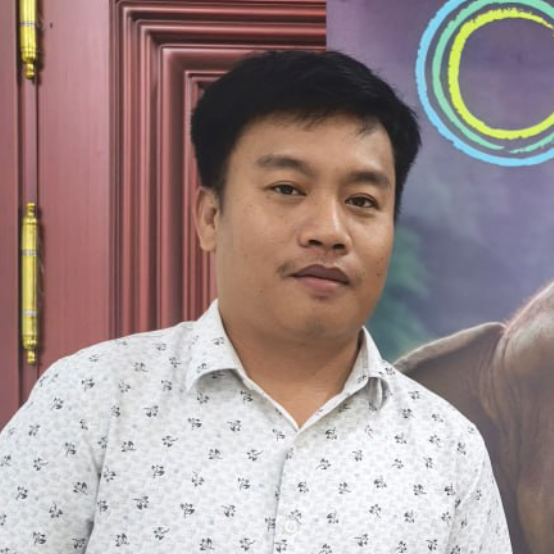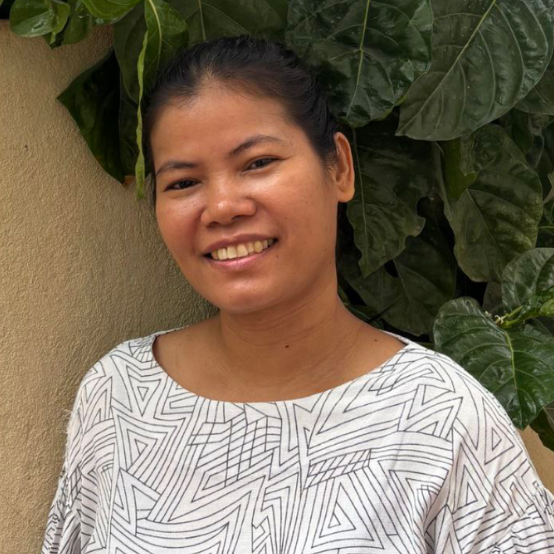Athanasie Mukabizimungu became a leader in her community in rural Rwanda when she championed a water project. It enabled effective rain water catchment while minimizing threats to gorillas from people entering the Volcanoes National Park for resource collection. This is her story.
It’s uncommon in the area of Kinigi to meet a woman wearing trousers and a cap as Athanasie does. But she assumes her differences with pride. She is the charismatic leader of the Imbereheza Gahunga cooperative, comprising men and women in communities along the border of Volcanoes National Park. The area is known for its unique biodiversity including the endangered mountain gorilla.
Athanasie was born in 1968 in the suburbs of Rwanda’s capital, Kigali. She later lived in the city with her husband. Following the end of a work contract, they relocated to Gahunga, nestled in the shadows of Muhabura volcano. Here, she had to collect water from a lake located five miles from her home. She struggled with this strenuous labor.
“For years, I lived as if I was locked inside our home unable to make new friends. I was isolated from a community that was supposed to be mine and eventually lost my teaching position,” Athanasie recalls.

An Undisputed Leader
Athanasie began looking for alternative ways to reach out to her new community. When an opportunity arose to lead a new community project, she was the first to respond among a group of men. Athanasie volunteered to help form a cooperative to manage the work of building new water tanks.
She was a success. Athanasie broke convention by becoming chairperson of Imbreheza Gahunga, creating a woman-led cooperative. Under her leadership, the team designed a program that reflected community needs. Together, they began their work building rainwater tanks, refining their model and increasing participation along the way.
With new support from Wild Earth Allies through a grant from Newman’s Own Foundation, the cooperative built another 50 household water tanks with families living near Volcanoes National Park. The tanks are meeting the daily water needs of over 600 people and eliminating the need to enter gorilla habitat to collect water. The project has also helped participants generate income and learn valuable construction skills by building the tanks themselves. For Athanasie, the project has brought her into the folds of the community. The cooperative is her “second family.”
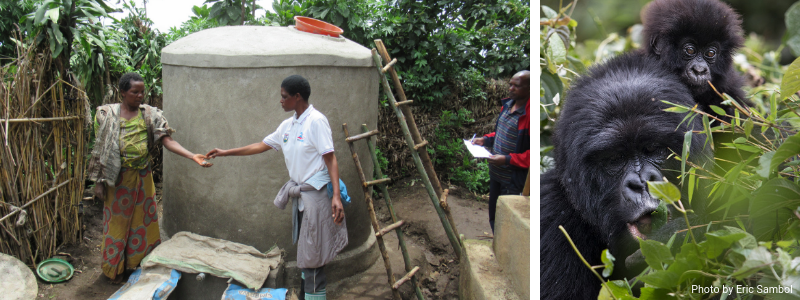 Imbereheza Gahunga construction of a water tank (right). Mountain gorillas with baby in Volcanoes National Park (right).
Imbereheza Gahunga construction of a water tank (right). Mountain gorillas with baby in Volcanoes National Park (right).
The program has many benefits, but one stands-out for Athanasie. “I don’t want my children or any child to miss school because they are fetching water far from their homes.” She saw this benefit from the start and used her vision and leadership to bring it to life. She proposed the name “Imbereheza” because it means better future.
With support from Newman’s Own Foundation and guidance from Eugène Rutagarama, Wild Earth Allies initiated field-level engagement with the women’s cooperative, Imbereheza Gahunga, to reduce threats to mountain gorillas while delivering an essential human benefit. Wild Earth Allies has committed to securing financial support to help sustain the success of the cooperative and scale the work. This project is a part of our Great Apes initiative.
Eugène Rutagarama is Conservation Advisor to Wild Earth Allies focused on great ape conservation and community engagement in Central Africa. He is a Goldman Environmental Prize recipient, CNN Hero, and former mountain gorilla program director.
Consider supporting this effort. Donate today.

